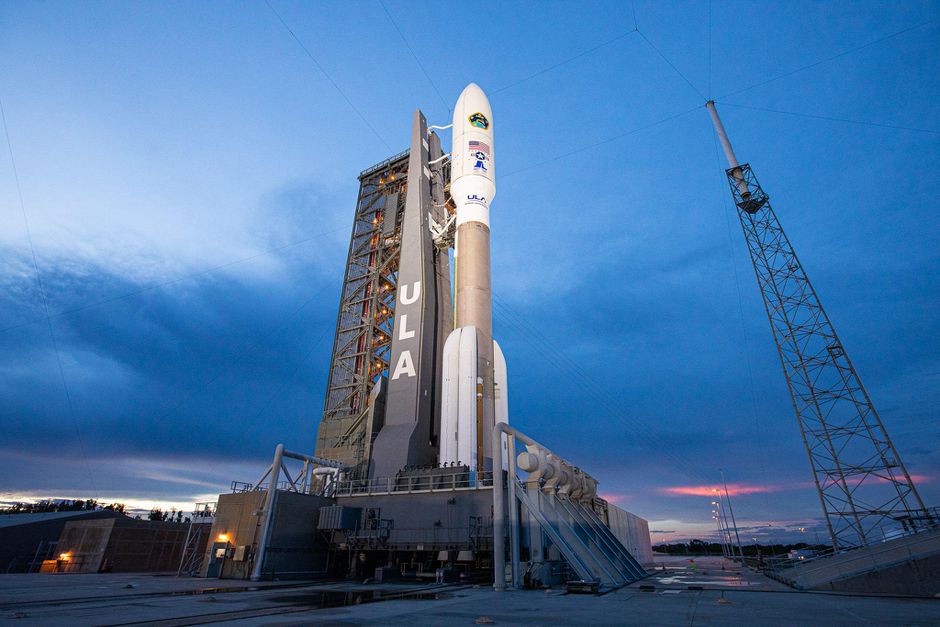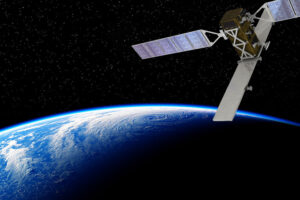ULA Carries Out Successful Atlas V Rocket Launch with DoD and NASA Payload
15th Dec 2021
On 7th December, ULA carried out a successful Atlas V rocket launch despite a minor delay caused by a leak in a ground system storing rocket propellant discovered on 5th December. ULA team took care of the damage on the same day. Verifying sample integrity and tank operations took some extra time until Atlas V finally blasted from Space Launch Complex 41 at Cape Canaveral.
The two-stage Atlas V rocket took off on 7th December at 5:19 a.m. EST (10:19 GMT). The 59.7-metre high rocket with a five-metre fairing used five rocket boosters to lift off after the leak in the propellant tank was successfully eliminated. This day marks the 90th ULA launch since its foundation in 2002. The latest configuration of the rocket has already flown a dozen times, carrying a variety of payloads, including NASA’s Mars rovers Curiosity and Perseverance, as well as multiple satellites for the US DoD.
The latest payload during another successful Atlas V rocket launch included two technology-demonstrating satellites for the US military’s Space Test Program-3 (STP-3). As usual, all DoD space-related activities are classified, but it has been confirmed that the payloads are stored on a platform designed for long-duration flights. This makes sense given that ULA confirmed carrying payloads to GEO.
It has also been confirmed that the Atlas V rocket carried STPSat-6 – a laser-communication system from NASA. The STPSat-6 has a mission of studying solar particles. According to NASA’s project manager of the mission, the study should help decrease power use of the communication systems and make them more lightweight.
In its turn, ULA hopes that the latest Atlas V rocket launch will give the company a better understanding of the carrier’s in-flight performance.



![[UPDATED] Last Flight of Delta IV Heavy Is Completed: What Makes This Rocket So Special? [UPDATED] Last Flight of Delta IV Heavy Is Completed: What Makes This Rocket So Special?](https://orbitaltoday.com/wp-content/uploads/2024/03/GJkUlMEbUAAR6XU-300x214.jpeg)


Thank you for your comment! It will be visible on the site after moderation.